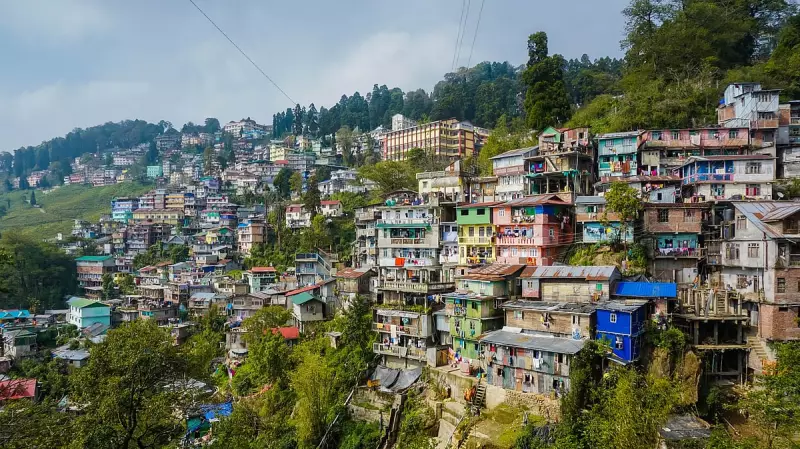
Nestled in the Himalayan foothills, Darjeeling's world-famous tea gardens and breathtaking views mask a deep-seated political crisis that continues to unfold. The region's future development and political stability remain caught in a complex web of electoral calculations and unfulfilled promises.
The Political Stalemate in the Hills
For decades, Darjeeling has been the epicenter of the Gorkhaland statehood movement, with various political parties leveraging this demand for their own electoral benefit. The Bharatiya Janata Party's approach to the region reveals a careful balancing act—supporting regional aspirations while ensuring it doesn't alienate its broader voter base in West Bengal.
The BJP's strategy appears focused on maintaining Darjeeling as a reliable electoral stronghold while avoiding any concrete steps toward permanent political resolution. This calculated ambiguity allows the party to keep the Gorkha identity issue alive as a bargaining chip in the larger political battle against Mamata Banerjee's Trinamool Congress.
Development Takes a Backseat
While political maneuvering continues, the region's pressing issues—infrastructure decay, tourism decline, and economic stagnation—remain largely unaddressed. The famous Darjeeling Himalayan Railway, a UNESCO World Heritage site, symbolizes the region's broader challenges: historic significance struggling with contemporary neglect.
Local communities express growing frustration with being treated as mere pawns in larger political games. "We're tired of being election trophies," says a local business owner who requested anonymity. "Every election brings new promises, but afterwards, Darjeeling returns to being just a beautiful picture on a postcard while our real problems continue."
Electoral Mathematics vs Regional Development
The BJP's cautious approach reflects complex electoral mathematics. While Darjeeling's single parliamentary seat provides symbolic value, the party must consider broader implications for its 30+ seat ambitions in West Bengal. Any strong stance on Gorkhaland could potentially alienate voters in other parts of the state.
This political calculus has resulted in a status quo where:
- Development projects remain announced but poorly implemented
- Political representation lacks substantive power
- Local aspirations remain unaddressed between election cycles
- Regional parties struggle to maintain relevance
The Way Forward
Experts suggest that sustainable resolution requires moving beyond electoral politics to address genuine developmental needs. The region's unique geographical and cultural position demands special attention that transcends political opportunism.
As one political analyst notes, "Darjeeling needs governance that recognizes its special character without making it perpetually dependent on political negotiations. The beauty of the hills shouldn't be marred by the bitterness of perpetual political uncertainty."
The coming months will be crucial as all political players position themselves for future electoral battles. Whether Darjeeling can break free from being a political bargaining chip and emerge as a development priority remains the region's million-dollar question.






